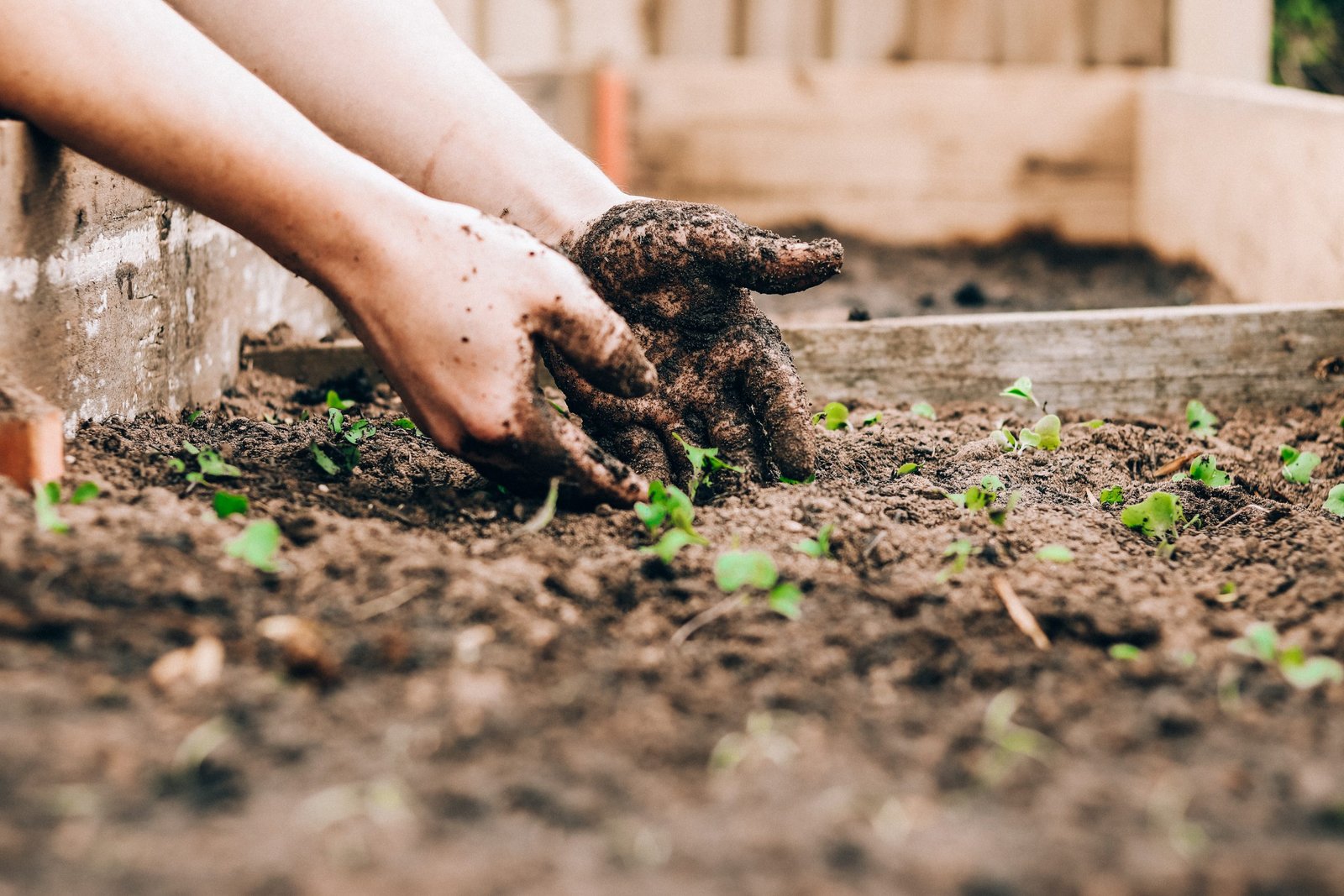Permaculture is a design system that aims to create sustainable and self-sufficient food systems by working with nature, rather than against it. At its core, permaculture is guided by three core ethics: earth care, people care, and fair share.
Earth Care
The first core ethic of permaculture is earth care. This ethic emphasizes the importance of caring for the earth and its ecosystems. Permaculture seeks to minimize harm to the earth and its inhabitants by promoting sustainable practices such as renewable energy, reducing waste, and preserving biodiversity. Permaculturists believe that the earth is a living organism and that we have a responsibility to care for it in a way that sustains life for future generations.
People Care
The second core ethic of permaculture is people care. This ethic emphasizes the importance of caring for people and communities. Permaculture seeks to create food systems that are socially just and promote the well-being of all members of the community. This can include practices such as community-supported agriculture, shared gardening spaces, and fair labor practices. Permaculturists believe that by caring for people, we can create a more sustainable and regenerative future for all.
Fair Share
The third core ethic of permaculture is fair share. This ethic emphasizes the importance of sharing resources in a way that is equitable and sustainable. Permaculture seeks to create food systems that are accessible to all members of the community, regardless of income or social status. This can include practices such as food banks, community meals, and seed exchanges. Permaculturists believe that by sharing resources, we can create a more resilient and sustainable community.
Beyond these three core ethics, permaculture is based on 12 principles that are detailed in this article.
By emphasizing the importance of earth care, people care, and fair share, permaculture offers a holistic approach to sustainable food production. Permaculture seeks to create systems that work with nature, promote community well-being, and ensure that resources are shared equitably. Whether you are a farmer, gardener, or simply someone interested in creating a more sustainable future, permaculture offers a valuable framework for creating a more sustainable and regenerative world.








Leave a Reply